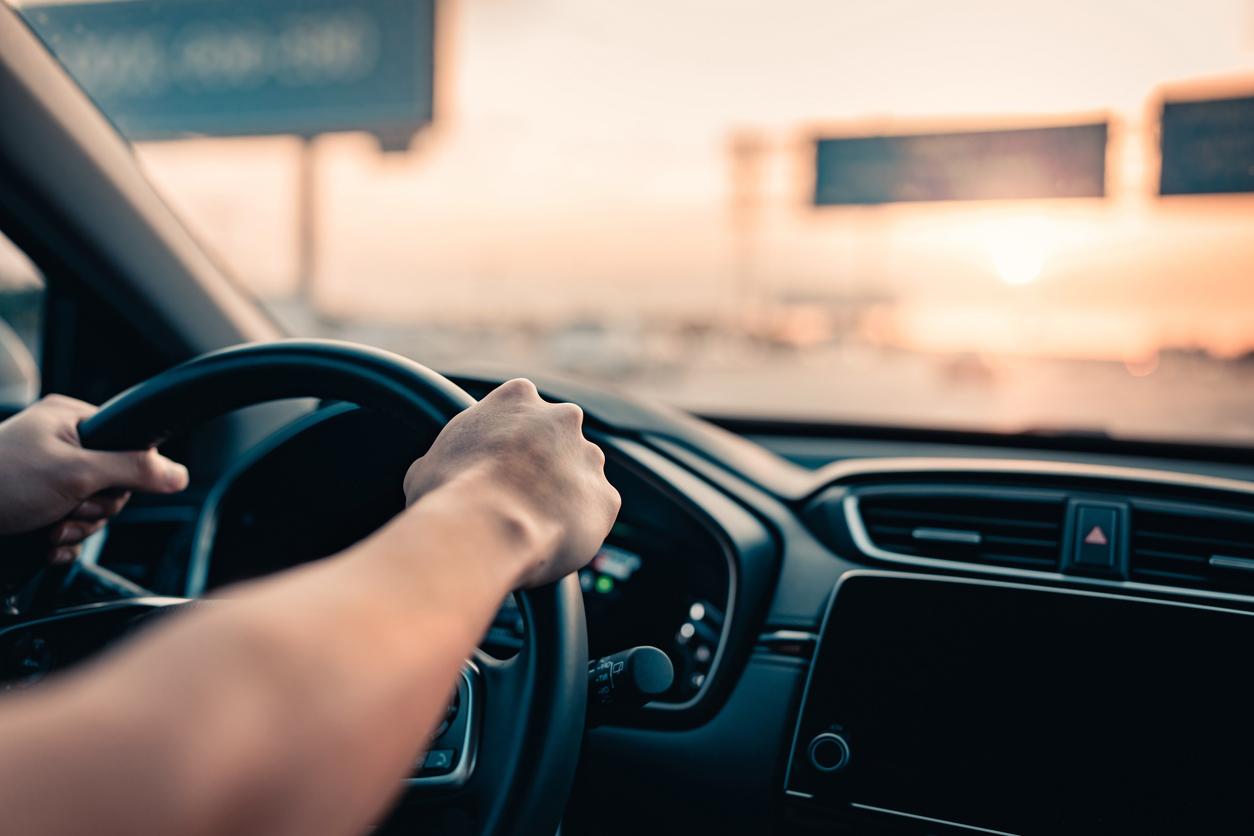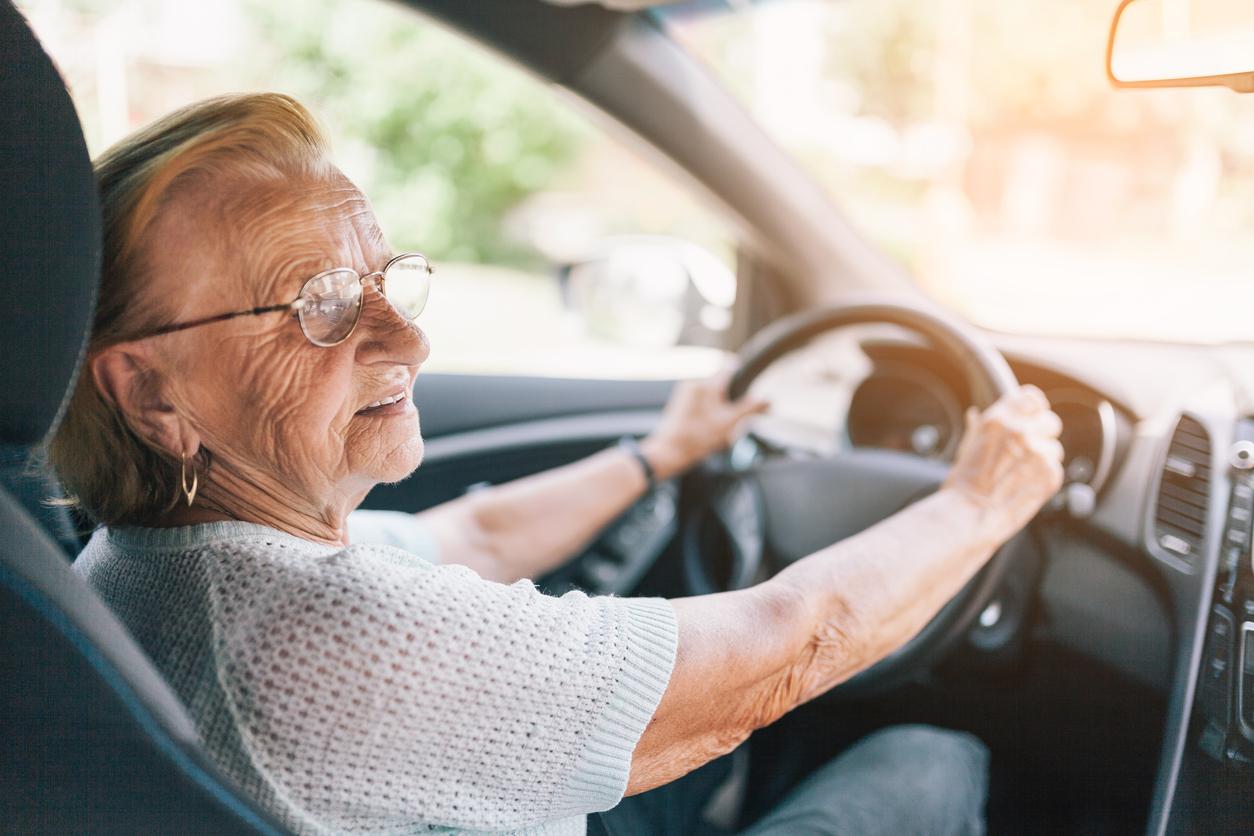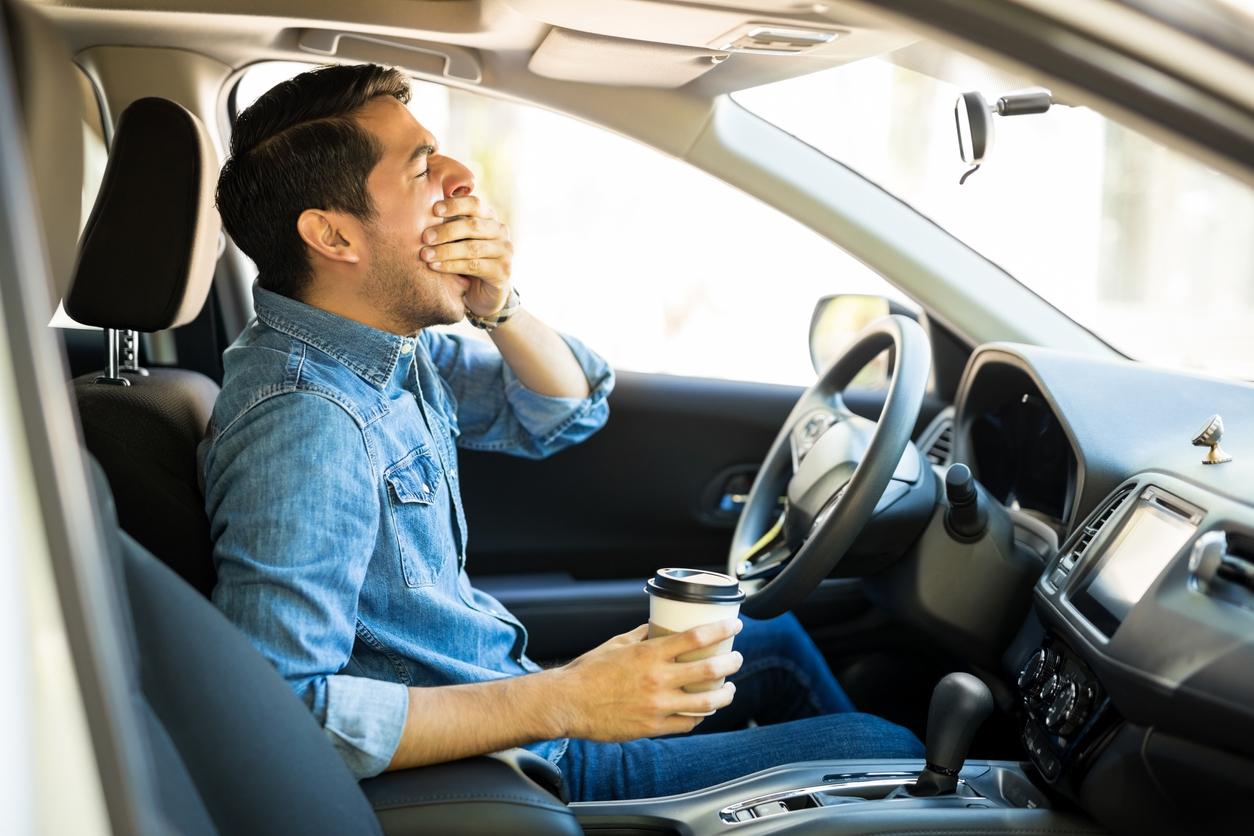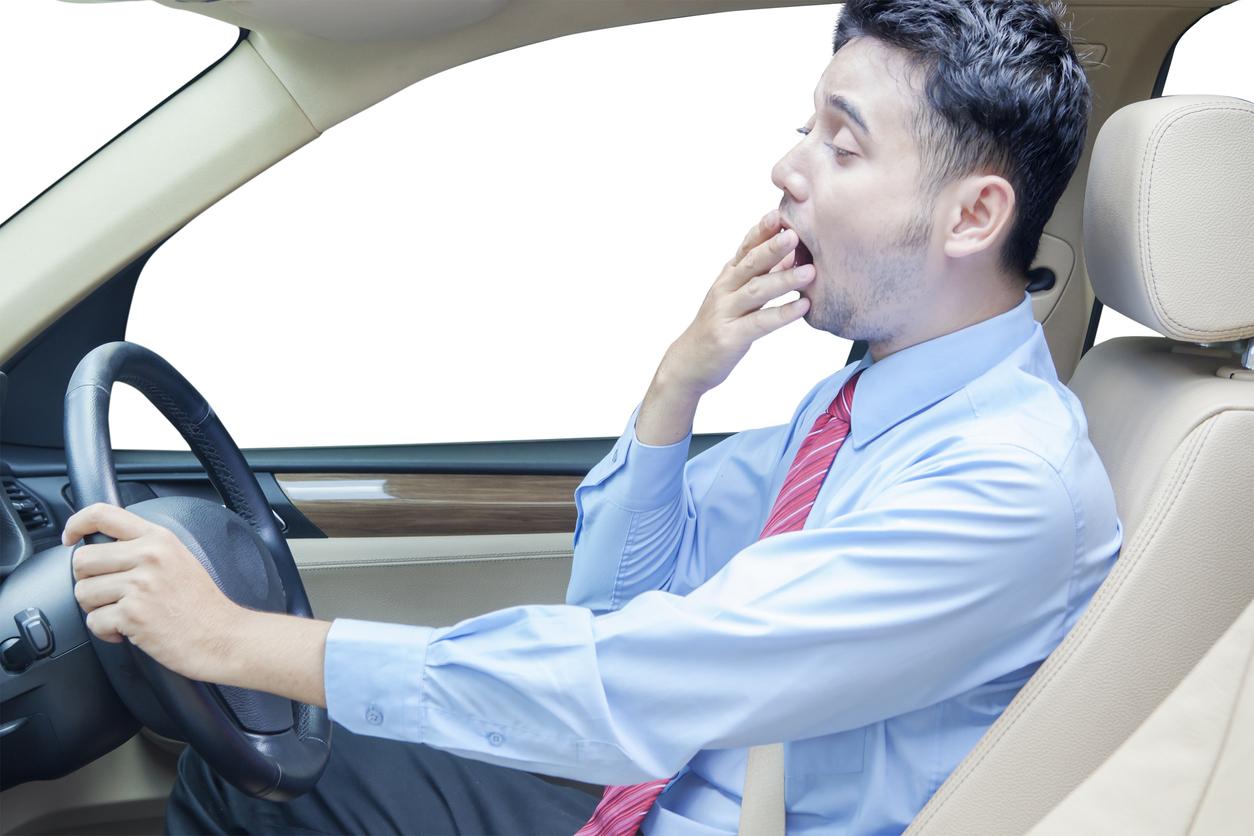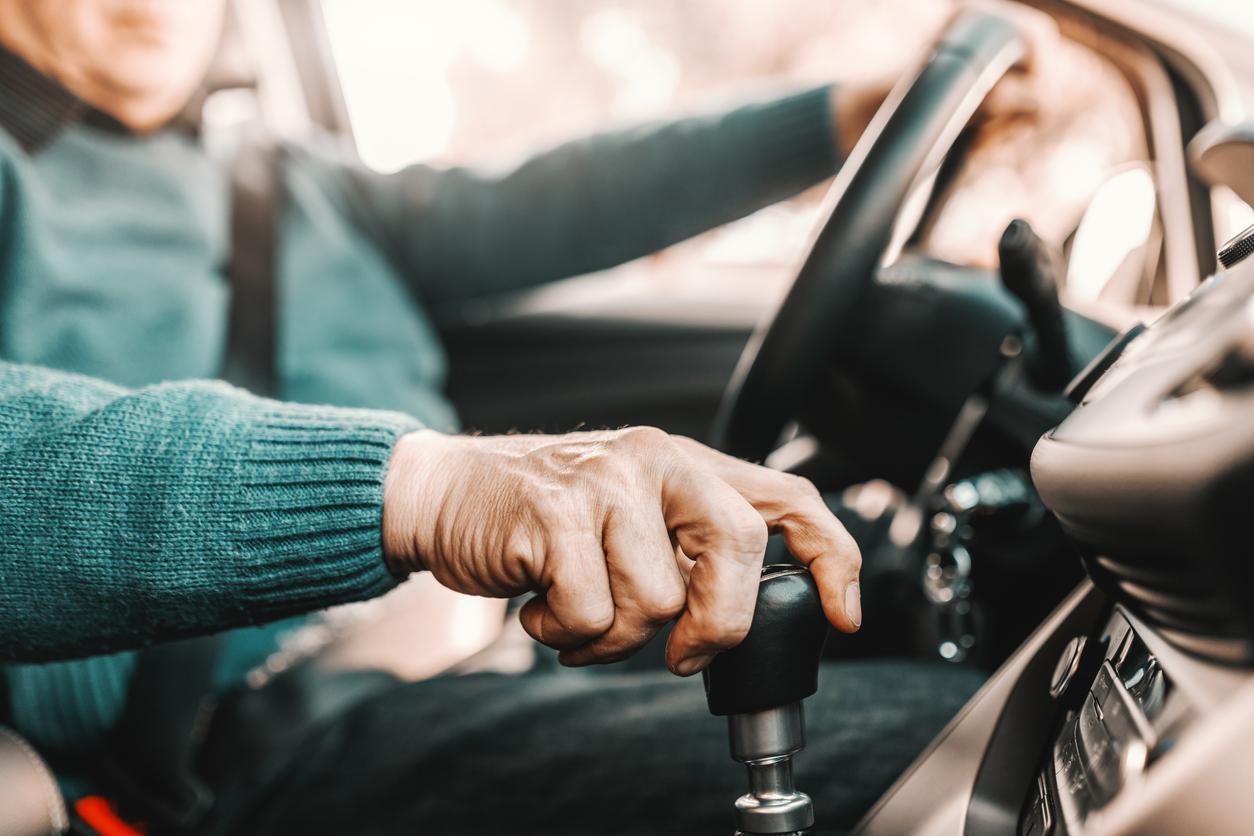One in five motorists has a poorly corrected visual defect. The Vision Improvement Association encourages drivers to have their eyesight checked. 1 million of them never did.
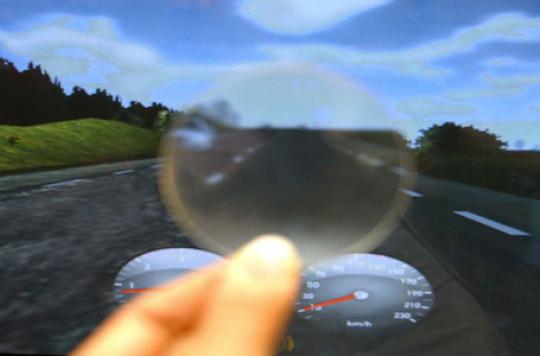
The holidays are over and for this last weekend of August many motorists will be on the roads of France. For the majority of them, they know the safety rules perfectly: buckle up, stop every 2 hours, respect speed limits. But how many have had their eyesight checked?
This is precisely what worries the AsnaV (the National Association for the Improvement of Sight) which recalls that to drive safely, in the same way as one makes an appointment at the garage to check the engine of your car before setting off on the road, it is essential to have your visual acuity checked. According to the association, 1 motorist in 5 has an uncorrected or poorly corrected visual defect.
Listen to Catherine Jegat, operations and communication manager at AsnaV: “There are elderly people who have not had the degree of correction of their glasses corrected for several years. “
AsnaV has just published its latest visual health barometer and the results indicate that the French are indeed concerned about their eyesight. However, their knowledge of visual health remains limited. According to this survey, more than 40% of them think they can detect a sight problem themselves and 75% of glasses or contact lens wearers questioned do not know precisely their vision correction. Even more serious for specialists, around 1 million French people over the age of 16 have never had their eyesight checked.
Listen to Dr Charles Mercier-Guyon, secretary of the road safety medical council: ” It’s so easy to test your eyesight, even if your GP might not always think about it, they are all equipped, so ask them. “
Even if you think you have lynx eyes, especially after 30 years, it is essential to consult an ophthalmologist at least once in your life. Because apart from classic sight problems, other visual diseases can make driving dangerous: retinal detachments, certain eye abnormalities, especially in hypertensive or diabetic patients, or glaucoma.
Finally, even if wearing glasses or contact lenses when driving seems obvious, many people forget them while driving. According to AsnaV, more than 40% of wearers do not wear their glasses permanently while driving even if the majority really need them.
“But the glasses while driving, it still depends on the visual impairment from which the person suffers,” specifies Dr. Charles Mercier-Guyon. For someone who has mild myopia associated with presbyopia and who wears progressive lenses, this type of lens can bring some discomfort and should be taken into account. Of course, when the myopia exceeds 2 tenths, then it is imperative to have a correction to drive ”adds the doctor. Moreover, from a legal point of view, in the event of an accident for example, if the person in question was not wearing his glasses, what counts for insurance is not the fact that we wear glasses usually it is the fact that there is written “corrective glass” on the driver’s license.
Listen to Dr Charles Mercier-Guyon: ” People who do not reach 5 tenths are required to wear glasses. “
For those who will be on the road this weekend, it is certainly a bit late to consult an ophthalmologist before getting behind the wheel. However, before a long journey, it is possible to have your eyesight checked at any optician. It can perform a quick test to check that everything is okay. If this is not the case, all you have to do is leave the wheel to your spouse, for example, and of course make an appointment at the start of the school year.
.









